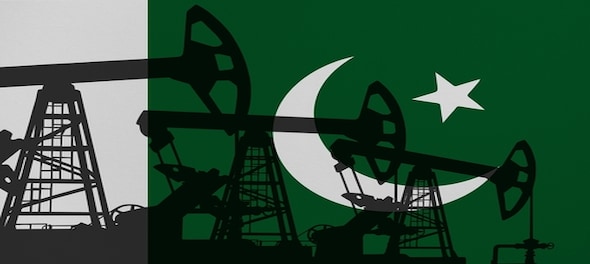
Pakistan, which is grappling with high external debt and a weak local currency, reportedly failed in its first attempt in about a year to buy liquefied natural gas from the spot market. According to a Bloomberg report, no suppliers of power-station were ready to offer cargoes.
The report quoted traders with knowledge of the matter as saying that no companies responded to Pakistan LNG Ltd.’s tender to purchase six shipments for October-to-December delivery, which closed on Tuesday.
Last week, Bloomberg reported that several overseas banks weren’t accepting letters of credit — a pledge by a lender to repay funds if the buyer can’t — from Pakistani counterparts to purchase LNG shipments. This made suppliers reluctant to offer cargoes.
Pakistan’s inability to buy gas is likely to aggravate energy shortages in the country, resulting in more frequent blackouts and curbing the supply of fuel to industrial consumers. In January this year, Pakistan witnessed nationwide power cuts following a "widespread breakdown in the power system".
Pakistan's strategy to save energy
All commercial centres and markets were ordered to remain closed at 8 pm starting July 1, as part of a Pakistan government-led national plan to save energy, Dawn reported on Tuesday.
Besides, Pakistan’s Federal Minister for Climate Change Sherry Rehman had reportedly highlighted a reduction in fossil fuel use as a benefit of the plan.
The official policy brief also mentions an "associated benefit of reduction in GHG
Energy accounts for the biggest share of Pakistan’s imports. In 2021, Pakistan's crude oil petroleum import stood at $3.54 billion, while exports were at $132 million, as per the OEC data.
According to Dawn, Pakistan’s oil import bill increased by 95.9 percent to $17.03 billion for the period July 2021 to April 2022, compared to $8.69 billion for the same period in the previous year.
Last year, Pakistan imported around 154,000 barrels per day, with around 80 percent of its supplies coming from Saudi Arabia, the UAE and other Gulf nations, the news agency PTI reported.
Now, with the national plan to save energy, Pakistan hopes to spend less of the country’s foreign exchange reserves on imported fuel. During the week ending June 9, the total foreign exchange reserves in the country increased by a million to around $ 4 billion as compared to that a week ago, the State Bank of Pakistan data revealed.
Pakistan has been reeling under a deep economic crisis with falling currency rates, dropping foreign exchange reserves and increasing inflation. The country's inflation rate accelerated to 38 percent in May from the record high of 36.4 percent in April, according to the central bank data, PTI reported.
Meanwhile, Pakistan and the International Monetary Fund (IMF) have failed to reach a staff-level agreement on the much-needed $1.1 billion bailout package aimed at preventing the country from going bankrupt. The IMF recently criticised the government’s budget as insufficient to meet the goals of its bailout program, a sign that a deadline this month to unlock aid will not be met.
First Published: Jun 21, 2023 2:27 PM IST
Check out our in-depth Market Coverage, Business News & get real-time Stock Market Updates on CNBC-TV18. Also, Watch our channels CNBC-TV18, CNBC Awaaz and CNBC Bajar Live on-the-go!


Lok Sabha elections 2024: 28% of candidates contesting in fourth phase are 'crorepatis'
May 9, 2024 4:29 PM
Free poha-jalebi to movie ticket discounts: How cities struggling with 'urban apathy' are luring voters to polling booths
May 9, 2024 3:17 PM

